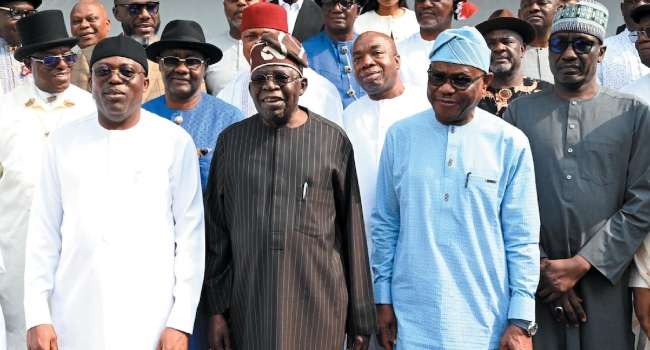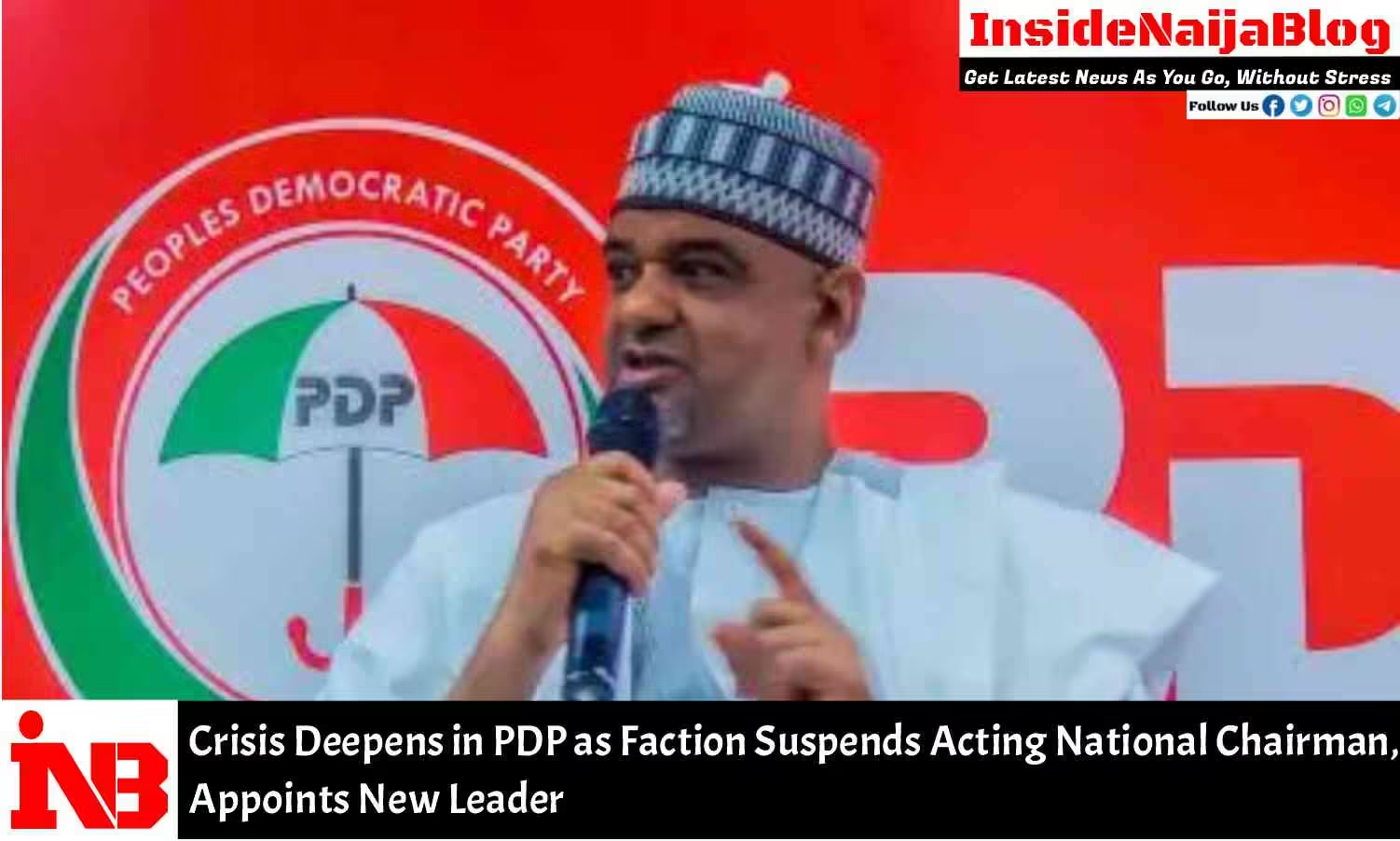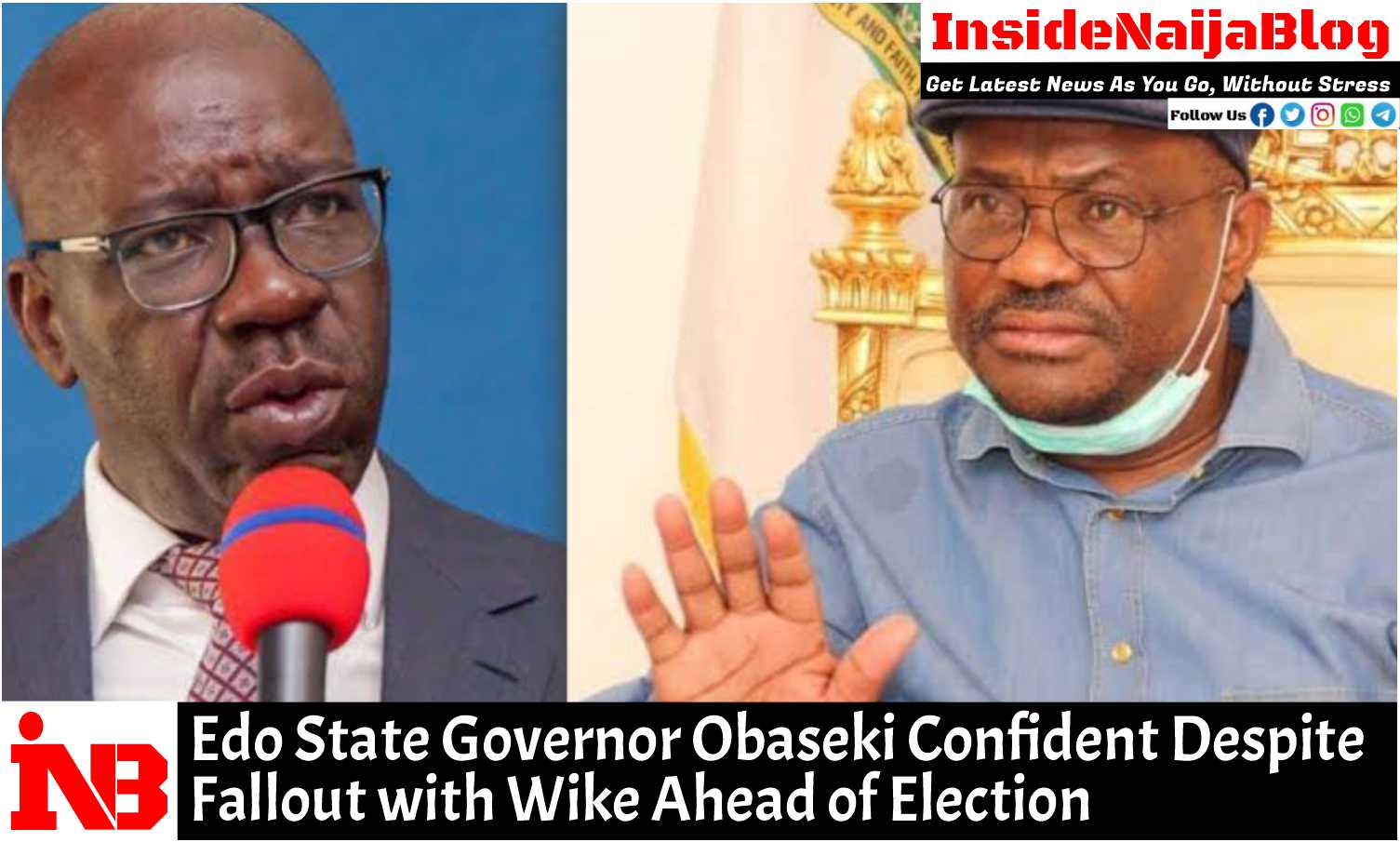The Nigerian government’s renewed push to restart oil production in Ogoniland after a 32-year hiatus has reignited debates about the lingering historical grievances that led to the suspension of oil activities in the region. Last Tuesday, President Bola Ahmed Tinubu hosted Ogoni leaders at the Presidential Villa, urging them to embark on wider consultations with their people as a prelude to resuming oil extraction.
However, critics have pointed out that the meeting failed to address the core issues outlined in the Ogoni Bill of Rights (OBR), a foundational document that encapsulates the region’s demands for justice, environmental restoration, and socio-economic equity.
The Unresolved Demands
Oil production in Ogoniland was halted in 1993 following a series of protests led by the Movement for the Survival of Ogoni People (MOSOP). Central to these protests were demands for self-determination, an end to environmental degradation caused by oil companies like Shell and Chevron, and compensation for the devastating impact of oil extraction on the region’s lands and livelihoods.
Senator Bennett Birabi, one of the signatories to the OBR, lamented that the same fundamental issues persist today. “We cannot be pumping oil from Ogoni while the only thing we have left are pipelines,” Birabi remarked, underscoring the inequities Ogoni people have faced for decades.
Dr. Fyneface Dumnamene Fyneface, Executive Director of the Youths and Environmental Advocacy Center (YEAC-Nigeria), criticized Tinubu’s directive, calling it a backward approach. “The President’s instruction to focus on resuming oil production without addressing why it stopped in 1993 is like putting the cart before the horse,” he said.
Fyneface emphasized that prioritizing oil resumption without resolving historical grievances risks alienating the Ogoni people further. “These demands are clearly articulated in the OBR, and ignoring them is a confrontational approach that undermines Ogoni’s trust in the government,” he added.
A Call for Justice and Development
MOSOP President Fegalo Nsuke, excluded from the Villa delegation, struck a more optimistic tone, viewing the President’s directive as an opportunity for dialogue. “The President has good intentions. What Ogoni needs to do now is organize itself, take a position, and use this moment to address underdevelopment and historical injustices,” Nsuke said.
He also called for justice for the ten Ogoni leaders executed in 1995, including Ken Saro-Wiwa, a pivotal figure in the Ogoni struggle. “Addressing this dark chapter is vital for any meaningful reconciliation,” Nsuke emphasized.
A History of Broken Promises
Efforts by previous administrations to restart oil production in Ogoniland have largely failed, often due to distrust between the government and the Ogoni people. In 2005, former President Olusegun Obasanjo established the Presidential Peace and Reconciliation Committee (PPRC) to resolve the crisis. However, Ogoni leaders rebuffed Obasanjo’s attempts during his 2006 visit, citing unresolved grievances and the continued involvement of Shell Petroleum Development Company (SPDC), which they accuse of environmental destruction.
More recently, President Muhammadu Buhari attempted to rebuild trust by awarding a ₦199.9 billion contract for the Bodo-Bonny road project as a bargaining chip for oil resumption. This approach also failed to yield results.
The Way Forward
Observers agree that for any attempt at oil resumption in Ogoniland to succeed, the government must take a holistic approach that includes:
- Addressing Historical Injustices: This includes acknowledging and compensating for past environmental damage and the execution of Ogoni leaders.
- Development Projects: Beyond promises, tangible development initiatives must prioritize healthcare, education, and infrastructure in Ogoniland.
- Environmental Cleanup: Completing the long-delayed UNEP-recommended cleanup of Ogoni oil spills is essential to restoring trust.
- Inclusive Dialogue: All stakeholders, including MOSOP and excluded leaders, must be brought to the table.
Ogoniland’s Strategic Importance
The stakes are high for Nigeria’s economy, as Ogoniland’s OML 11 boasts 33 oil and gas fields, making it a critical asset. Before production stopped in 1993, the region produced 500,000 barrels of oil per day. Restarting production could significantly boost the nation’s revenue amid declining global oil prices.
Can Tinubu’s Diplomacy Succeed?
President Tinubu’s emphasis on a diplomatic solution offers a glimmer of hope for resolving the long-standing crisis. However, without addressing the root causes of the Ogoni struggle, his administration risks repeating the failures of past governments.
As Ogoni leaders return home for consultations, the nation watches closely to see whether this new chapter will finally reconcile decades of conflict and mistrust—or deepen the rift between Ogoni people and the Nigerian state.




